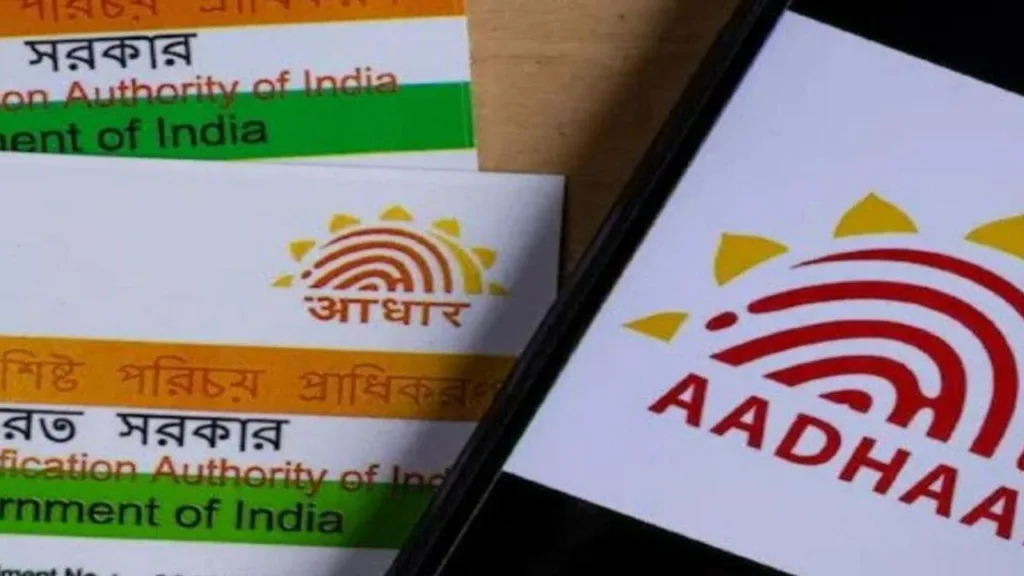Health emergencies can be both mentally and financially taxing, especially when navigating the complexities of insurance. Understanding the intricacies of health insurance and its efficient utilization is crucial. In such instances, a Third-Party Administrator (TPA) becomes a valuable ally.
Let’s delve into the significance of TPAs in the realm of health insurance and how they play a pivotal role in ensuring a seamless and expedited claims process.
TPA, and What Do They Do?
Health insurance serves as a financial safety net during unforeseen medical crises. However, comprehending its nuances can be challenging. This is where a Third-Party Administrator (TPA) steps in. A TPA acts as an intermediary between the insured individual and the insurer, facilitating the processing of claims during hospitalization.
TPAs, typically independent entities, play a vital role in the insurance landscape, requiring registration under the Insurance Regulatory and Development Authority of India (IRDAI). They collaborate with insurers to streamline the claims process, ensuring a smoother experience for policyholders.
Responsibilities of TPA
- Issuing Health Cards: A health insurance card, provided by the TPA on behalf of the insurer, contains crucial policy details. This card proves invaluable in hospitals with cashless claim facilities, expediting the claim settlement process.
- Assisting in the Claim Process: When a claim is filed, the TPA takes charge, expediting the process by gathering relevant information about the hospitalization and the individual’s medical history. This comprehensive approach supports the claim and enhances the likelihood of approval.
- Providing Additional Services: Beyond claims, TPAs offer additional services, including facilitating admission to network hospitals for a cashless experience. They can also arrange ancillary services such as ambulance transportation, ensuring comprehensive support during medical emergencies.
TPA Necessity
Contrary to misconceptions, TPAs are not mandatory. Policyholders have the flexibility to cancel or switch TPAs if dissatisfied, subject to insurer approval based on valid reasons.
Indispensability
- Coverage of room rent during hospitalization
- Nurse charges during hospitalization
- Medical check-up expenses
- Daily allowance for non-hospitalization-related expenses
- Coverage for pregnancy and childbirth
- Financial compensation for partial or total disability due to accidents
- Lump-sum amount for beneficiaries in case of policyholder’s demise
Conclusion
To fortify financial protection against medical emergencies, investing in family health insurance, covering all family members under a single policy, is a prudent choice. Understanding the collaborative role of TPAs and the diverse benefits of health insurance ensures a comprehensive approach to safeguarding against unforeseen health challenges.














